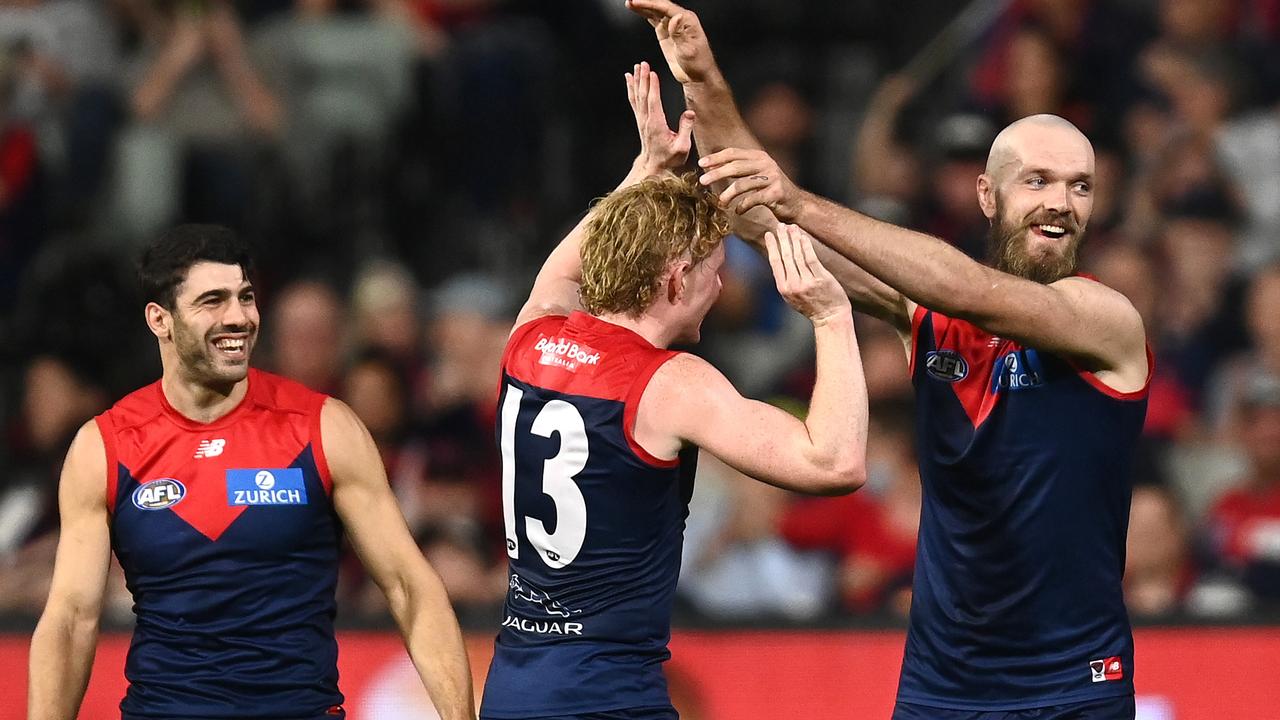
This week kicks off the AFL final series. Eight teams vying for the ultimate prize. It comes as the AFL announced that 2023 was the most attended home and away season of all time and just weeks after the Matildas finished in the highest spot of any Australian soccer team at a World Cup, smashing television audiences not seen since Cathy Freeman’s 400m run at the Sydney Olympics.
With the Spring Racing carnival around the corner, it won’t be long before footy is swapped for cricket and talk of whether Novak is as good as Federer and Nadal begins. So, what is it about sport in Australia and why is it that marketing teams can learn about loyalty and engagement just by turning the TV to Fox Sports?
Create an emotional connection.
If you’ve ever stood around a water cooler and discussed the weekend’s results with a diehard supporter whose team lost on the weekend, you’ll know that the emotional connection to their football team is real.
In the consumer world, data shows that having an emotional connection to a brand creates a higher lifetime value so whether you’re selling footy merchandise, cars, electronics or even insurance, creating a connection between your customer and brand is critical for success.
Get them in early.
No one is too young to be a sports fan. How many times have you seen a cute baby decked out in club or country colours? Sporting teams know that the earlier they can obtain loyalty, the longer they are likely to have it and the same should go for marketers.
Pester power for parents is real so creating a strategy where the very young through to the very old can be included, ensures that long term loyalty is achieved. The key to succeeding with this strategy is ensuring that different segments are engaged differently.
Engage through belonging.
The sense of belonging to something is key to engagement in any sport. If you’ve been an Aussie sitting at Lords during the opening session of an Ashes or were lucky enough to nab a seat this past World Cup to watch the Matildas, you know the feeling you get when being surrounded by fellow supporters.
Creating a sense of belonging isn’t hard. Every day people are drawn to brands because they want to feel included. Respected women’s media brand Mammamia has the largest women’s podcast network in the world and in 2018 launched the You Beauty Facebook group. In just five years, the group has swelled to more than 75k people discussing everything beauty.
One of the best things about belonging is that it encourages you to bring others into the fold. I’m told that’s the way people feel about F45 and let’s be honest, have you ever spoken to someone who does F45 that hasn’t tried to convince you to come to a class?
Resilience for the win.
Every four years, we turn our attention to sports we’ve never heard of and become experts in archery, fencing, weightlifting and javelin, just to name a few. Athletes continually face adversity and setbacks but push through knowing their chance to be named an Olympic medallist happens so infrequently.
For most sports, it’s a marathon not a sprint to glory with ups and downs along the way. Many of the world’s greatest athletes describe a turning point in their careers, where they refined their technique or took a particularly tough loss and turned it into the ultimate success.
And for marketers, it’s no different. Continually pushing the boundaries and adapting to changing circumstances can build stronger relationships and loyalty with customers.
The world of sport offers a wealth of insights for businesses seeking to drive loyalty and engagement. Whether it’s through teamwork, passion, resilience, fan engagement, continuous improvement, community involvement, or a clear strategic vision, the lessons from various sports can serve as a playbook for businesses aiming to thrive in their competitive landscapes.

